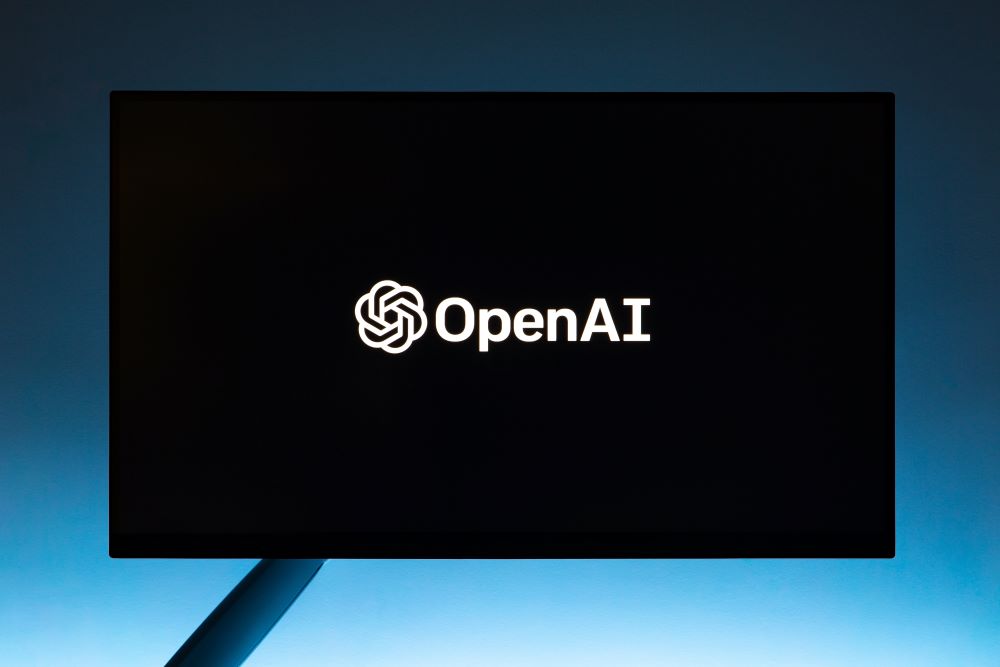The World Health Organization is cautioning against certain aspects of artificial intelligence.
On May 16, the World Health Organization issued a plea for users of artificial intelligence generated large language model tools (LLMs) to be cautious in order to promote human safety, well-being, and autonomy as well as to preserve public health. In a statement, WHO emphasized how important it was for the potential dangers of LLMs to be thoroughly investigated. In environments with insufficient resources, using LLMs helps enable adequate access to information regarding health, provides decision-support tools, and increases diagnostic capability.
The World Health Organization has issued a warning that the level of caution customarily used for newly developed technology is not being routinely applied to LLMs. WHO warns that hasty implementation of unproven systems may result in mistakes by medical professionals, put patients in danger, and may erode trust in AI. Consequently, WHO has advocated for stricter regulation of LLMs to ensure that they are used in a manner that is effective but also safe and ethical. According to the World Health Organization (WHO), policymakers must assure patient safety and protection while technological corporations attempt to commercialize LLMs.
Before LLMs can be used on a big scale in ordinary healthcare and medicine, there must first be clear evidence that demonstrates the benefits of using them and users should be cautious of trusting them. This applies to patients, care providers, administrators, and policymakers working within the healthcare system. In its advice on the ethics and governance of artificial intelligence for health, the World Health Organization emphasizes the importance of ethical standards and adequate governance when planning, developing, and implementing AI for health applications.

Even though WHO is hopeful about the proper technology usage to support healthcare providers, it’s still asking users to be cautious about recent LLMs technologies. This is a problem because the WHO is enthusiastic about the appropriate technology usage, such as LLMs. A hasty deployment of a system for which there is insufficient evidence could result in errors. It could result in a loss of faith in artificial intelligence and a consequent reduction in the likely advantages and applications of such technology worldwide.
Concerns such as the following demand for the kind of stringent control necessary for the use of recent technologies in ways that are ethical and safe:
- There is a possibility that the data employed to program AI is biased, which could result in the generation of information that is inaccurate and could potentially provide dangers to equity, health, and inclusivity.
- LLMs produce responses that can give the impression of authority and plausibility to users. Nonetheless, the responses can either be wholly inaccurate or contain significant inaccuracies, particularly concerning responses related to health.
- LLMS can be programmed on data which may not have been used. Additionally, it is possible for LLMs not to secure data (including health data) which users send to an application to eliminate a response.
- LLMs may be abused to disseminate convincing wrong information too complex for people to determine its inaccuracy. While WHO is committed to using new technologies, such as artificial intelligence and digital health, to improve human health, the agency recommends that policymakers guarantee safety and protection of patients. Also, technology firms will actively participate to commercialize LLMs.
Before their broad use in ordinary health care and medicine, the World Health Organization suggests that these loopholes be addressed, and the benefits measured. This is regardless of whether the use will be by caregivers, lawmakers, health administrators or others. People may lose faith in artificial intelligence (AI) if it is used unsafely, which would reduce the benefits of the technology.
The general population will distrust AI healthcare technology if safety measures and ethical practices are not implemented. Consequently, this will ultimately undermine its potential long-term benefits, such as improving access to health information, aiding in decision-making, and enhancing diagnostic capacity in under-resourced settings. This is why WHO is urging everyone to be cautious.


Join the conversation!